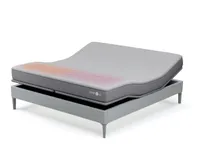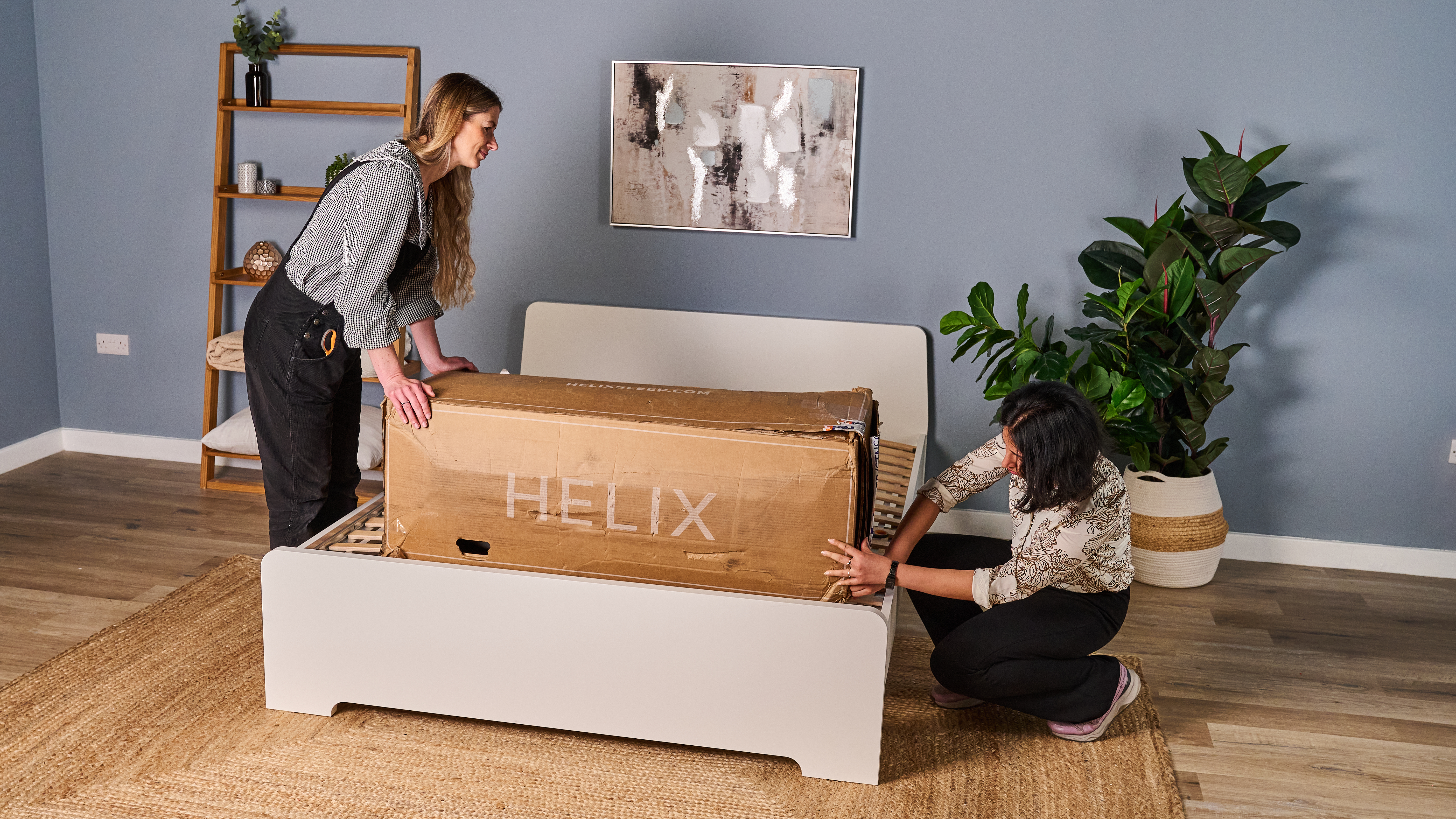Forget $1,000 smartphones — why you shouldn't be reluctant at paying that much for a mattress
You'll never again be reluctant to buy a mattress
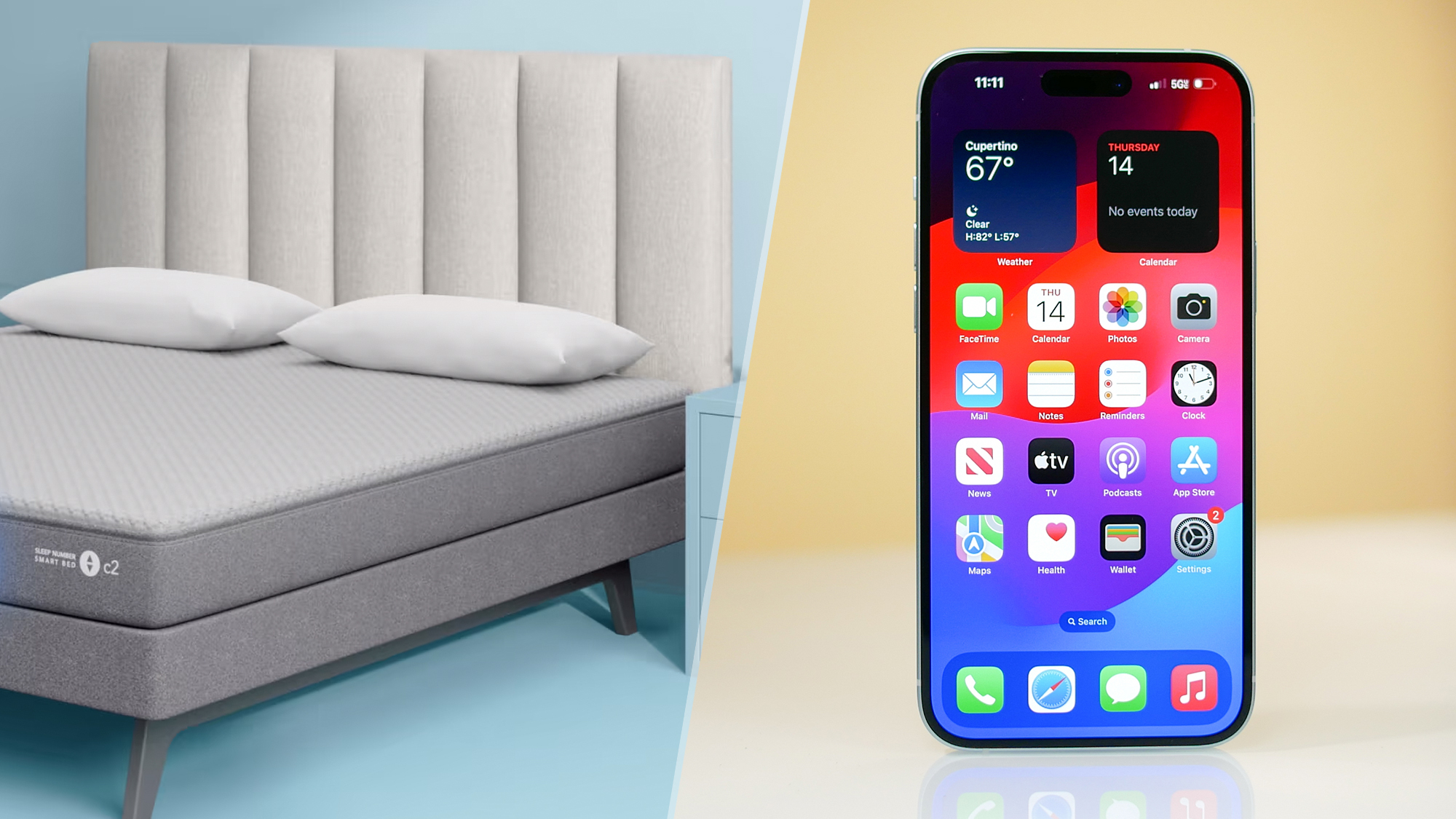
Here at Tom’s Guide our expert editors are committed to bringing you the best news, reviews and guides to help you stay informed and ahead of the curve!
You are now subscribed
Your newsletter sign-up was successful
Want to add more newsletters?

Daily (Mon-Sun)
Tom's Guide Daily
Sign up to get the latest updates on all of your favorite content! From cutting-edge tech news and the hottest streaming buzz to unbeatable deals on the best products and in-depth reviews, we’ve got you covered.

Weekly on Thursday
Tom's AI Guide
Be AI savvy with your weekly newsletter summing up all the biggest AI news you need to know. Plus, analysis from our AI editor and tips on how to use the latest AI tools!

Weekly on Friday
Tom's iGuide
Unlock the vast world of Apple news straight to your inbox. With coverage on everything from exciting product launches to essential software updates, this is your go-to source for the latest updates on all the best Apple content.

Weekly on Monday
Tom's Streaming Guide
Our weekly newsletter is expertly crafted to immerse you in the world of streaming. Stay updated on the latest releases and our top recommendations across your favorite streaming platforms.
Join the club
Get full access to premium articles, exclusive features and a growing list of member rewards.
I was once a broke college kid many decades ago. Back then, I was living off instant mac and cheese meals to get me by, but I didn’t have a problem buying a phone for $200 on-contract. Fast forward to a couple years later when I needed to replace my full-sized mattress, and I flipped out at the prices I was seeing for a replacement. That was in the mid-2000s.
Things have changed since then, with many of today’s best phones costing well over $1,000. Yet at the same time, I was still struggling to convince myself that paying more than $500 on a mattress — the amount I ended up paying for my replacement queen-size. But after trying out a smart bed from Sleep Number a few years back, I can tell you why it offers just as much value as any $1,000 priced smartphone.
Sleep Awareness Week 2024 is an excellent time to shop around for the best mattresses, but I would instead recommend looking at the best smart beds. That’s because they’re more than just comfortable mattresses, seeing that they offer premium features such as sleep tracking, temperature control and much more.
In fact, Sleep Number’s smart beds start at the same price as premium phones like the iPhone 15 Pro, Samsung Galaxy Z Flip 5, or Google Pixel 8 Pro. Here’s why you shouldn’t be reluctant to pay as much for a comparable smart bed.
Sleep Number C2: starting at $699 @ Sleep Number
Starting at $699 for a twin size, the Sleep Number C2 smart bed can automatically adjust its firmness and monitors your sleep. If you need something bigger, you can get the full and queen size mattresses for $899 and $1,099 respectively.
You technically use it more than your phone
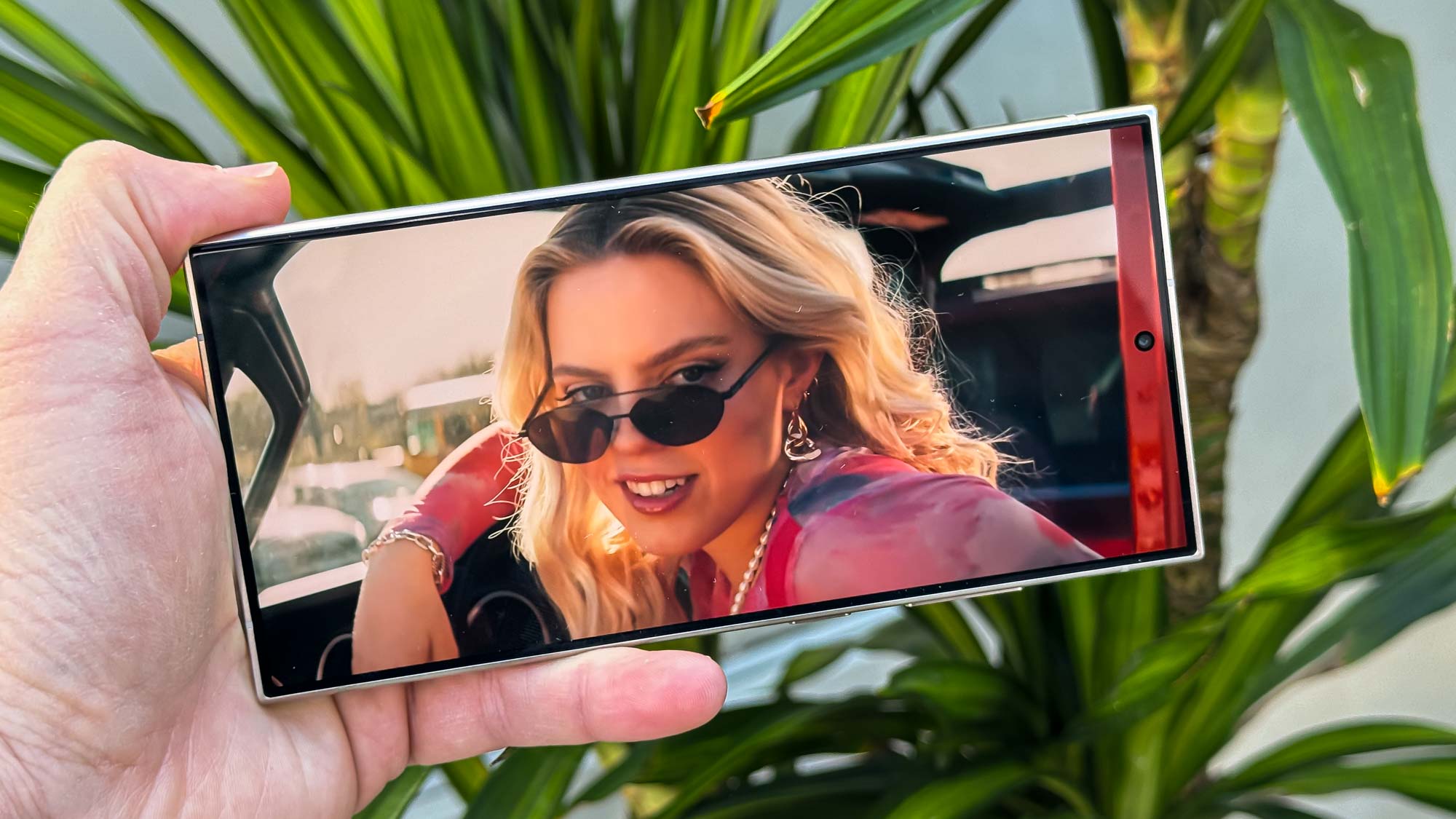
The first point I want to make is that technically you spend more time in your bed than on your phone. According to a report released by Scientific American, “more than a third of our hours are spent in bed.” I’m not terribly surprised based on my own sleeping habits, which usually has me in bed before midnight and waking up around 7:00 a.m.
Even on the heaviest of days when I’m on my phone, it doesn’t come close to matching to the time I spend in my bed — trying to fall asleep, followed by being asleep, and finally that short wake up period from the time my alarm jostles me awake to the moment I actually get out of it. I’d have to commit to watching a movie marathon to come close to matching the time I spent being in bed.
Sleep tracking that beats any wearable
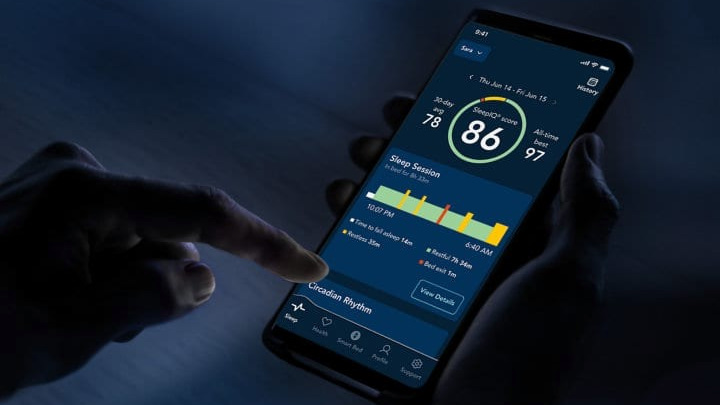
Today’s smart beds put to shame any wearable I would wear for sleep tracking. As much as Apple or any other wearable maker wants to convince me to strap on a smartwatch while I sleep, that feeling eventually would annoy me — plus the fact that they need to be recharged at some point.
Get instant access to breaking news, the hottest reviews, great deals and helpful tips.
With my Sleep Number smart bed, I don't need a wearable for sleep tracking magic. I just nestle into my routine and it does all the rest, breaking down how long it takes for me to fall asleep, the amount of time I’m in REM sleep and my SleepIQ score.
With my Sleep Number smart bed, though, it doesn’t require any wearable for it to work its sleep tracking magic. The best part is that I just nestle into my routine of sleeping and it does all the rest, breaking down how long it takes for me to fall asleep, the amount of time I’m in REM sleep, and much more. It even monitors my average heart rate, average breath rate, and HRV (heart rate variability), which then delivers my SleepIQ score each morning.
Everything is automatic with its sleep monitoring, which I think is important to note because it’s one less gadget I have to fuss with.
Warranties that go the distance
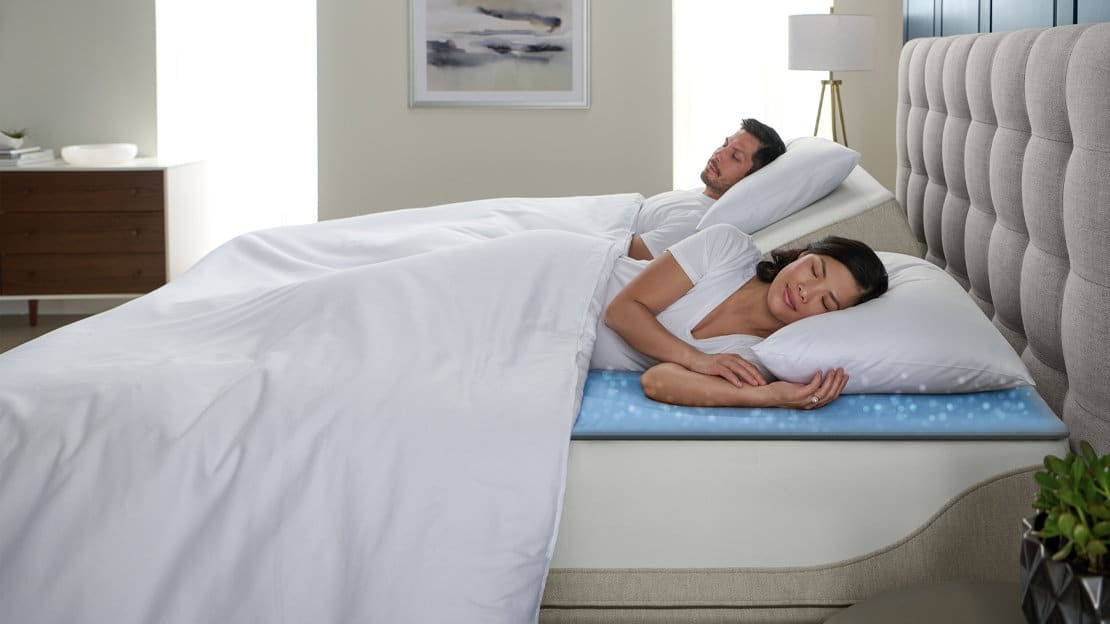
If you’re not convinced that there’s more value in a $1,000 mattress than a $1,000 smartphone, then consider the warranty that comes with your smartphone. Most phone makers offer a limited 1-year manufacturer’s warranty, which usually only covers defects. You could pay for extra insurance for accidents, like AppleCare or from your wireless carrier, but they still don’t come close to matching the length of coverage that most mattresses offer.
For example, Casper Sleep offers a 10-year limited mattress warranty when you buy any of its mattresses — covering physical flaws and defects. Meanwhile, Sleep Number’s warranty covers a span of 15 years for most of its smart beds. I don’t even think I’ve ever had a mattress ever last me that long, let alone knowing that mattress companies are willing to cover them.
“We offer generous warranty, trial and exchange policies,” explained Mark Banner, SVP of Retail and Real Estate with Sleep Number. “For example, all smart bed purchases include a 15-year limited warranty, plus we cover the cost for repair or a replacement within the first year after your initial purchase.”
These mattress warranties put to shame anything you’ll get from a smartphone. You’re pretty much out of luck after a year of owning your smartphone. Meaning, a defect that crops up after that 1-year limited warranty period would fall on your to fix.
Don’t overlook the importance of a good night’s sleep
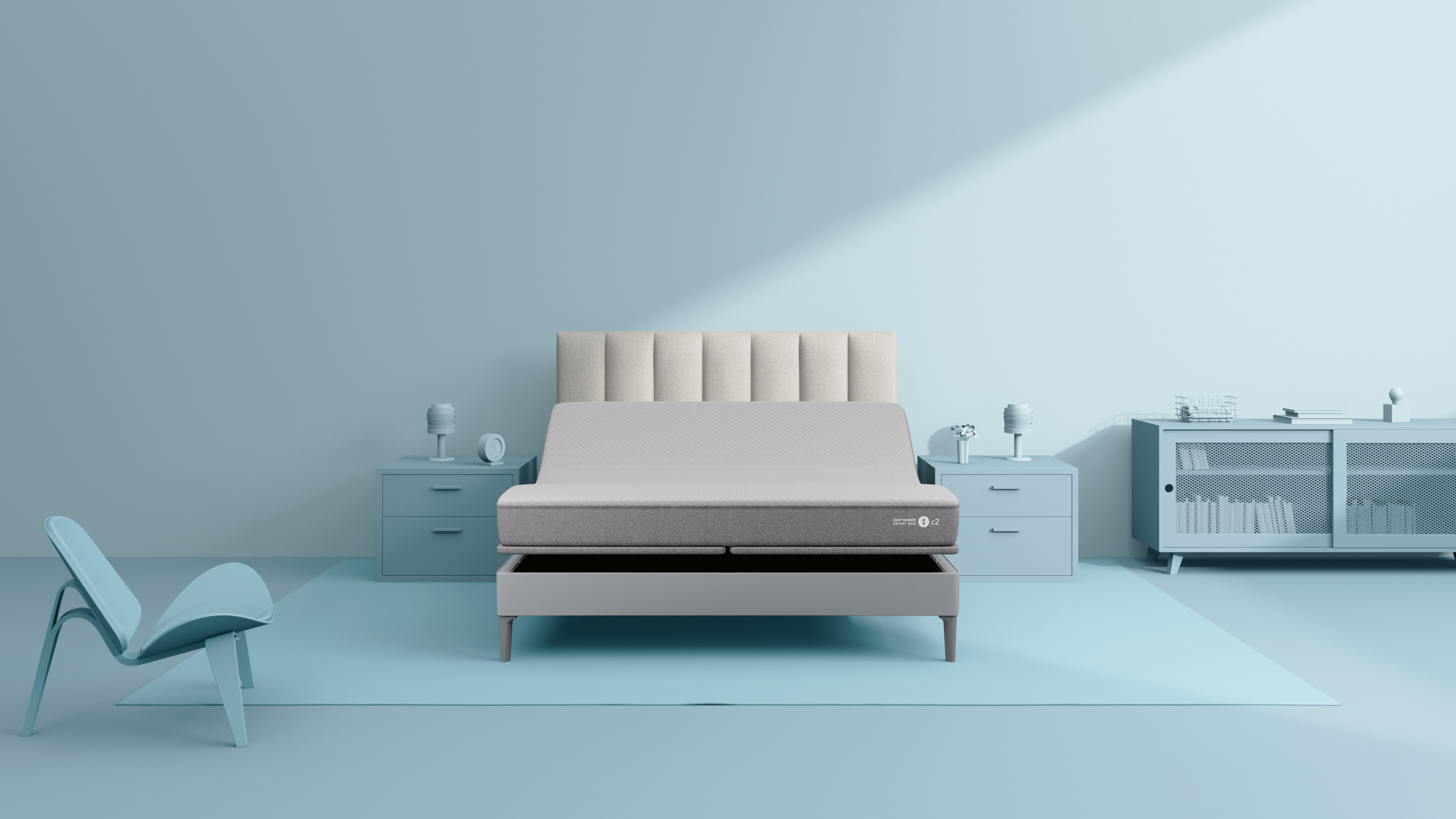
I have no problem at all paying as much for my next mattress as I do with my smartphone. Everything I mention looks at the real cost of owning a smart bed. Frankly, it goes beyond comfort and price — there’s just more to them.
Take the Sleep Number C2 smart bed, which costs the same as an iPhone 15 Plus at $899. It has the sleep tracking features I pointed out earlier, including the ability to adjust its firmness to your liking. Of course, premium features such as foot warmers, memory foam toppers and an adjustable base would increase the cost considerably. But just like buying a phone and the accessories you need to get more out of it, buying a mattress requires you to really think about the broader picture.
More from Tom's Guide

John’s a senior editor covering phones for Tom’s Guide. He’s no stranger in this area having covered mobile phones and gadgets since 2008 when he started his career. On top of his editor duties, he’s a seasoned videographer being in front and behind the camera producing YouTube videos. Previously, he held editor roles with PhoneArena, Android Authority, Digital Trends, and SPY. Outside of tech, he enjoys producing mini documentaries and fun social clips for small businesses, enjoying the beach life at the Jersey Shore, and recently becoming a first time homeowner.
 Club Benefits
Club Benefits










